Witness: Serbia had 200 "live sources" in KLA
The trial of Haradinaj et al. continued at the Hague Tribunal last week.
Saturday, 06.10.2007.
14:14

The trial of Haradinaj et al. continued at the Hague Tribunal last week. A former high ranking Serbian state security (DB) officer testified to explains methods the service used to get information from its Albanian sources in Kosovo – money, political ambition, and blackmail. Witness: Serbia had 200 "live sources" in KLA "Immoral behavior is a great way to put people in a situation where they will act the way you want them to," Zoran Stijovic, a prosecution witness and former chief of the DB analysis sector told the Hague judges. Through this testimony, the Hague prosecution aimed to prove that the service used valid methods to obtain information from Albanian sources in Kosovo. The prosecution wanted to give greater credibility to the evidence of former DB operatives who testified that they had discovered the bodies in the Radonjic Lake canal on the basis of the information received from the Albanians arrested on September 7, 1998. Ramush Haradinaj, Lahi Brahimaj and Idriz Balaj, all three former KLA leaders, stand accused of war crimes committed against Serbs, other non-Albanians, but also Albanians in Kosovo, in 1998, prior to the 1999 war. Stijovic said that the DB had had about 200 "live sources" in the Kosovo Liberation Army (KLA), including the top echelons of the organization. The information was obtained from "associates, operational contacts or interviews with citizens." It was classified as "reliable, partially reliable or unreliable." Every piece of information, Stijovic explained, was verified using various methods, including visual and audio surveillance and collating the information received with the reports in Albanian media. The degree of the reliability of the information depended on the source and motivation of the person who shares it with the service. The motives varied, Stijovic explained: some people sold information for money, the amounts ranging from a few thousand to tens of thousands of German Marks. Others did not agree with the ethic Albanian policies in Kosovo. There were those, the witness admitted, who were blackmailed into collaborating. The Albanian society is "extremely patriarchal", Stijovic explained, and immoral behavior is not tolerated. The service thus gather information about "adultery, alcohol consumption or criminal activities" on the part of potential collaborators, because, as Stijovic remarked, "immoral behavior is a great way to put people in a situation where they will act the way you want them to." The service, though, never projected situations and helped people to act immorally, he added. "People would be compromised and we exploited that," Stijovic said. His testimony will continue on Monday.
Witness: Serbia had 200 "live sources" in KLA
"Immoral behavior is a great way to put people in a situation where they will act the way you want them to," Zoran Stijović, a prosecution witness and former chief of the DB analysis sector told the Hague judges.Through this testimony, the Hague prosecution aimed to prove that the service used valid methods to obtain information from Albanian sources in Kosovo.
The prosecution wanted to give greater credibility to the evidence of former DB operatives who testified that they had discovered the bodies in the Radonjić Lake canal on the basis of the information received from the Albanians arrested on September 7, 1998.
Ramush Haradinaj, Lahi Brahimaj and Idriz Balaj, all three former KLA leaders, stand accused of war crimes committed against Serbs, other non-Albanians, but also Albanians in Kosovo, in 1998, prior to the 1999 war.
Stijović said that the DB had had about 200 "live sources" in the Kosovo Liberation Army (KLA), including the top echelons of the organization.
The information was obtained from "associates, operational contacts or interviews with citizens." It was classified as "reliable, partially reliable or unreliable."
Every piece of information, Stijović explained, was verified using various methods, including visual and audio surveillance and collating the information received with the reports in Albanian media.
The degree of the reliability of the information depended on the source and motivation of the person who shares it with the service. The motives varied, Stijović explained: some people sold information for money, the amounts ranging from a few thousand to tens of thousands of German Marks.
Others did not agree with the ethic Albanian policies in Kosovo. There were those, the witness admitted, who were blackmailed into collaborating.
The Albanian society is "extremely patriarchal", Stijović explained, and immoral behavior is not tolerated.
The service thus gather information about "adultery, alcohol consumption or criminal activities" on the part of potential collaborators, because, as Stijović remarked, "immoral behavior is a great way to put people in a situation where they will act the way you want them to."
The service, though, never projected situations and helped people to act immorally, he added.
"People would be compromised and we exploited that," Stijović said. His testimony will continue on Monday.














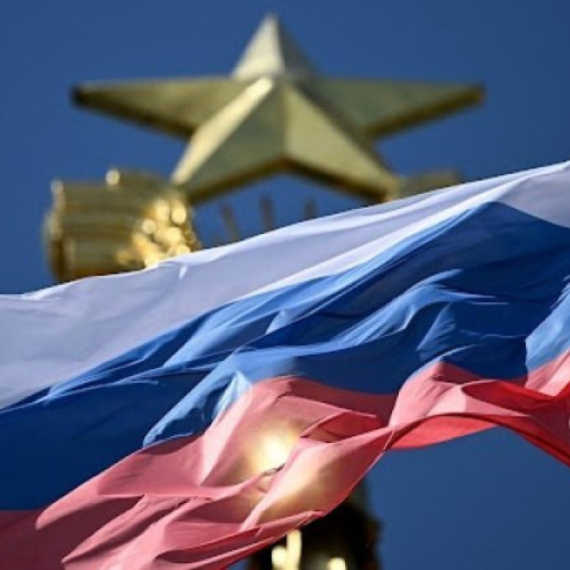

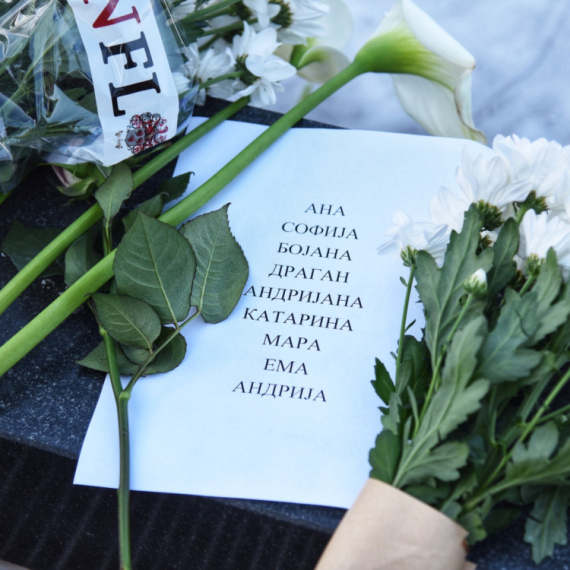

































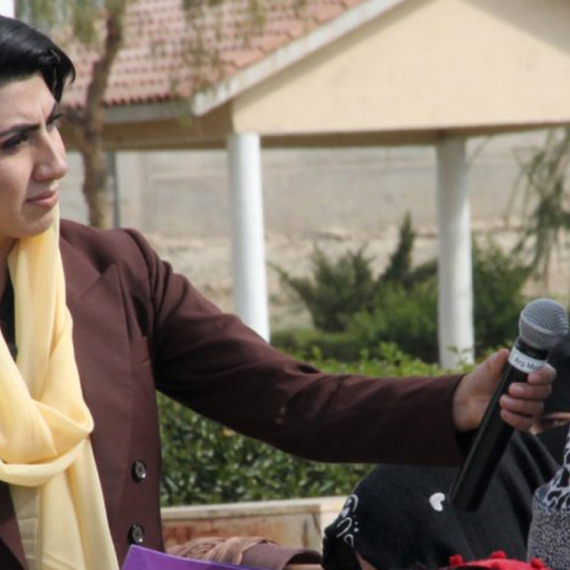
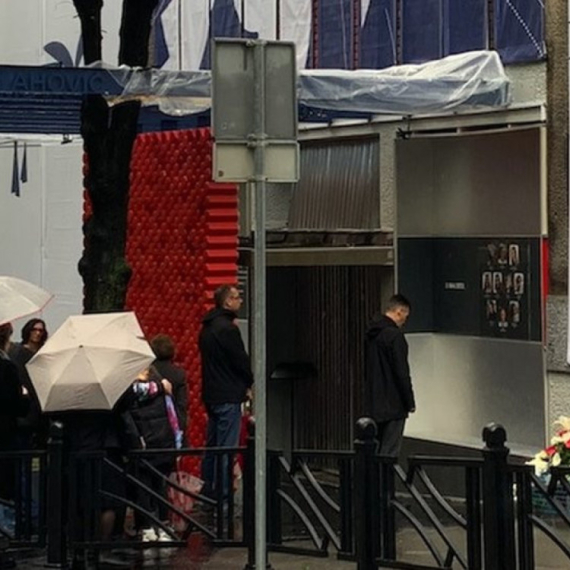
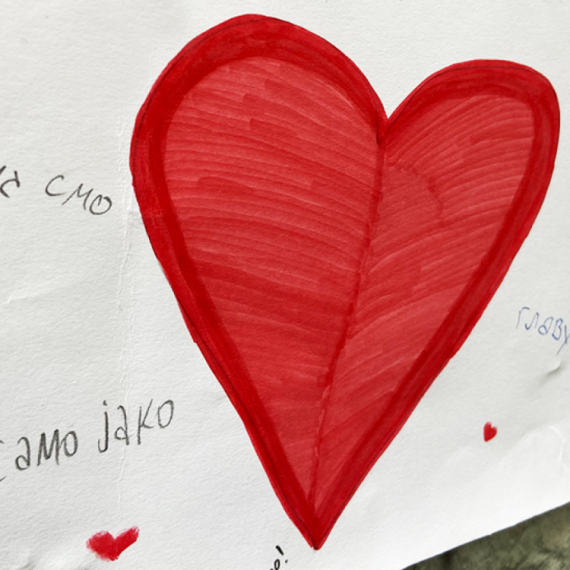


Komentari 7
Pogledaj komentare